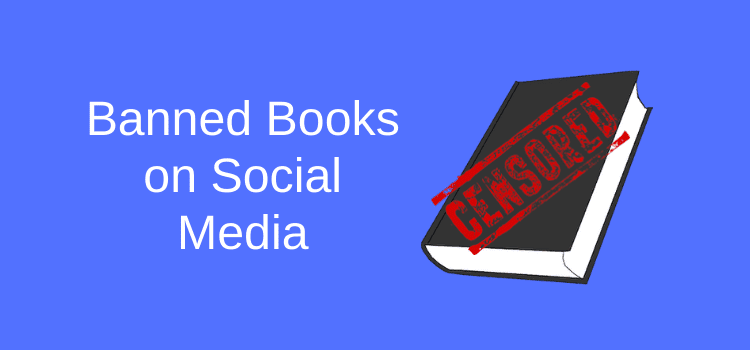
Don’t let your book promotion get your book banned on social media. Banned books might sound alarmist.
But the world is changing. Big online Internet companies and social media networks are increasingly taking aggressive action against many forms of content.
For authors, it will have consequences because fiction ranges widely in content and subjects. On social media, books can be filtered or perhaps banned by some sites.
Authors of books with sexual content, or erotic themes, contain acts of violence or are politically based will be especially susceptible.
Famous banned books
Famous books that have been banned in the past were mainly a result of government actions or social attitudes. But that was principally in the 20th century.
You can view a list of the top ten banned classics here.
Think of the children’s book Huckleberry Finn and The Pulitzer Prize-winning novel, To Kill a Mockingbird.
Both reside in school district libraries and are part of school curriculums.
It is difficult to remember that they were once banned books.
Since 1982 Banned Books Week has been drawing attention to famous books that have been banned.
Wikipedia gives this brief outline of the event in the United States.
The annual is sponsored by the American Library Association (ALA) Office for Intellectual Freedom, the American Booksellers Association, American Booksellers Foundation for Free Expression (ABFFE), American Society of Journalists and Authors, Association of American Publishers, National Association of College Stores, and endorsed by the Center for the Book in the Library of Congress.
Since 2011, the American Association of School Librarians (AASL) has designated the Wednesday of Banned Books Week as Banned Websites Awareness Day. Their goal is “to bring attention to the overly aggressive filtering of educational and social websites used by students and educators.” Source Wikipedia.
The last line is the most relevant for authors using social media to promote their books. Overly aggressive filtering of social websites.
Not banned books, but filtering and removing content
Online censorship of the freedom to read is nothing new. China blocks so many sites and content that it has earned the nickname, The Great Firewall of China.
There was never a thought that the type of control of Internet services and censorship in China would come to the Western world.
But slowly, the Internet services we use and take for granted every day are changing.
A handful of huge corporations dominate the Global Internet. Think here, Google, Facebook, Twitter, and for authors, especially Amazon and Apple.
They all have their own interpretation of the limits of freedom of expression and speech. They are not ruled by any single government or institutional set of regulations.
At least with China Internet, it is clear that the Chinese Communist Party dictates the rules.
We have no idea who controls Internet users in the West. Nor what the rules are.
If you are publishing books challenging the status quo or that might contain offensive language to some, who decides if your content is appropriate?
Your content has violated our Terms of Service
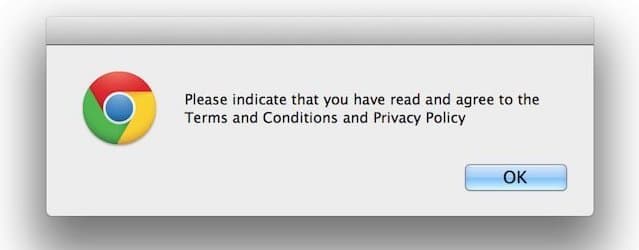
Get ready to receive more and more emails with this subject line.
Social media is now closely monitoring content due to Facebook’s failure to respect users’ privacy and control politically motivated content.
The US government and the European Union are notably applying pressure. The Index on Censorship tracks the results of this pressure.
You can also check the Office for Intellectual Freedom, which ALA, the American Library Association runs.
But each big Internet company has vastly differing standards, which are expressed in their Terms & Conditions.
Users hardly ever read these pages, and even if they do, one would need to be a lawyer to understand them.
But we all tick the box and agree.
Worse is that these Terms & Conditions are continually changing and usually change without notice.
However, if there is a notice by email, it rarely says more than “our terms have been updated.” But with no clue as to what has been changed.
But if you do something that does not conform to the rules, which you have no way of really knowing what they are, you might receive a notice such as this.
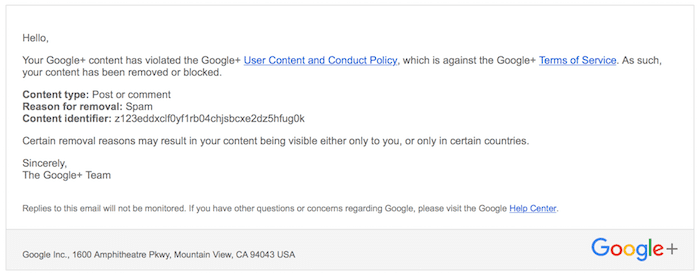
Now the mystery begins because the message gives no clue as to what you have done wrong. Was it a post or a comment? Which post, which comment?
When you click on the links to the Conduct Policy and Terms of Service, there are pages and pages to read.
If you contact the Help Centre, you are told to read the Terms & Conditions.
A Google warning
I received a similar notice from Google Adsense a little while back.
It said that I had contravened its policy with a post I published that contained sexually explicit material. I was a bit shocked.
I discovered that the offending article concerned promoting ebooks.
The post is titled, Attracting Readers To Buy Erotica Ebooks, and contains no sexually explicit material whatsoever. Except for the word erotica in the title and once or twice in the text.
But this one word is considered explicit under Google’s Adsense Policies. So it was banned—end of story.
It didn’t matter that the content was more than suitable for a high school student to read or that one could find it in a public library.
Puritan, moralistic, or prudish? It doesn’t matter, as it was Google’s decision. So the post was banned from carrying advertisements.
How you are monitored, filtered, and banned

In 99.999% of cases, humans don’t check your comments and posts on social media.
A computer program, or algorithm, checks the words or images you use.
In testimony to the US Senate, Mark Zuckerberg even said that Facebook was using artificial intelligence to monitor content on Facebook.
All it takes is for a computer program to come across a small word sequence in one of your posts that it has been programmed to find, and your post is blocked, filtered, banned, and challenged, or worse, your account is suspended or closed.
Have you noticed that even the New York Times is being curtailed on Facebook? Yes, don’t mention politics.
Twitter is suspending or closing accounts at an astonishing rate using computer algorithms.
But try to learn how it is applied and to who and why. It’s a secret.
But if you are unlucky enough to be the target of an algorithm, you will be arguing in the first instance with a computer if you want to complain.
Then, unless you are a celebrity or a president, don’t expect to be able to escalate your complaint to a human.
What can you do to protect your social media accounts?
The first point is that every site you use has different rules.
If you publish your book with Amazon, don’t think Apple will necessarily agree to publish it. I have had this happen on two occasions.
Amazon can and does remove or ban books from the Amazon Store if it thinks it recognizes behavior or content that is contrary to its policies.
Think here about Amazon deleting book reviews without giving a reason or warning.
Amazon Ads can ban book covers even though the cover is permissible for the Amazon Kindle store.
You might have no problem posting a racy post on Twitter, but Linkedin or Facebook may filter or block a similar post.
Facebook might allow you to add a post with reference to your book about guns, shootings, and murder that sets the scene for your detective story. But Twitter may not.
Your provocative book title might be okay for Amazon, but you might strike a problem on social media.
Search engines
There is also the possibility that Google or another search engine might not index your blog posts that contain your title.
Some sites will give you an adequate warning if you break the rules. But others may close your account without notice.
In other words, every site has different rules, and it is impossible to know what these rules are unless you want to spend hours per day reading pages and pages of the Terms & Conditions.
If you do spend all that time, it will be wasted because the conditions might well have changed before you have finished reading them all.
Quite honestly, if these big Internet companies were monitoring school libraries, they would probably ban the mention of a lot of books.
When it comes to social media marketing, books cover a diverse range of subjects. But in what context?
Algorithms are really not that smart.
Never have all your eggs in one basket

Your primary protection mechanism for your social media strategies is to have a range of accounts.
If you are concentrating your book promotion on one social media network, you should diversify your promotional posts onto other platforms.
If you have only one account on a platform, try creating an additional account as a safeguard.
As far as content is concerned, avoid using words and images that are provocative, sexually oriented, violent, or political as part of your marketing strategy.
It is not the content of your book that is the problem, only the words you choose to use to promote it.
I have had a few posts filtered or deleted by social media filters, even though I never use words, phrases, or images that anyone could consider offensive.
One was because one of my book covers has a gun as part of the cover image.
Another was because there was a short reference in the text to two police officers shooting a suspect who was supposedly possessed by an evil spirit.
Both were in the context of fiction, but computer algorithms can’t tell fact from fiction, and that’s the problem with digital marketing.
And, of course, my article about erotic ebooks.
In all three instances, only one social media network or Internet company objected to or banned my content.
For the rest, everything was fine.
Summary
You only have to read the news to know that there will be more and more censorship, filtering, and removal of online content in the future.
Freedom of expression online will not be the same, so you need to think before you post anything now.
Even then, you could still receive a blocked content notice.
Your book will not be banned, and you won’t become famous for it.
But a social network could ban you quite easily if you are not careful with managing your content marketing and book promotion.
This is only one of the problems self-publishing authors face.
But like most issues and problems, there are usually solutions or workarounds.
Related reading: When You Publish Your Writing Online You Can Never Delete It

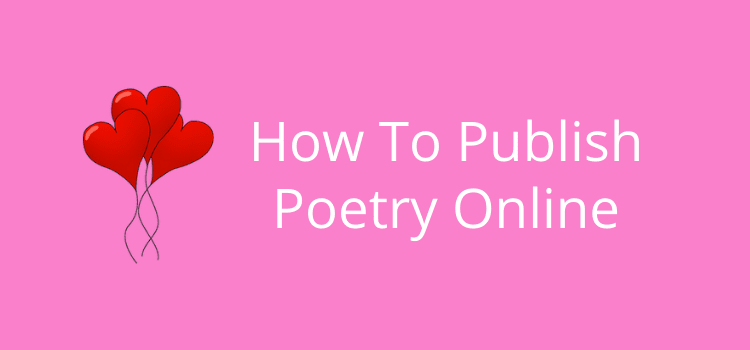
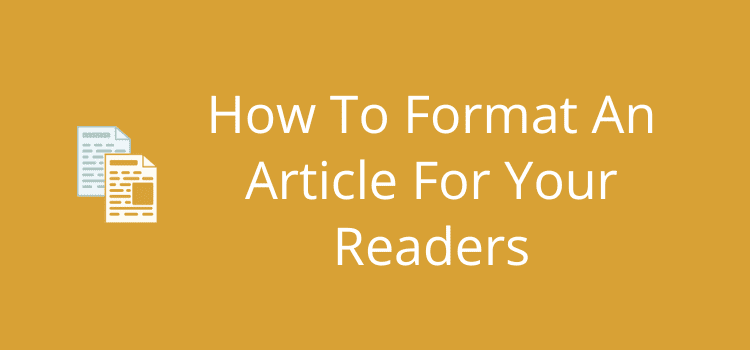
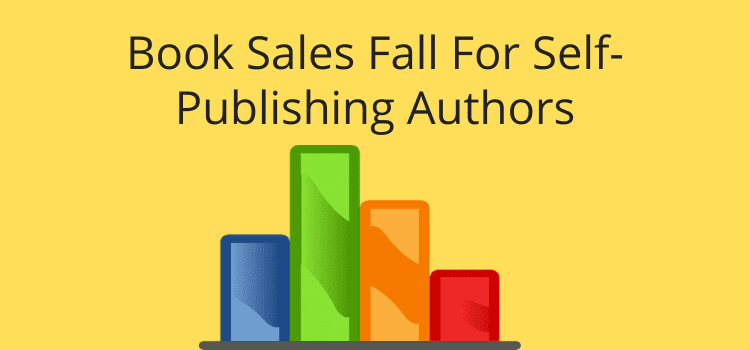
This can be a frustrating time. I knew it was coming. We had such free range a while back but I knew it would end. Most things do.
Crikey. Thanks, as always, Derek.
This was an eye-opener, I already knew about the general issues, but not quite the extensive and intrusive nature.
So useful, thank you! The amount of censorship we’re seeing on the web is frightening, and you’re right, it’s only going to get worse. Articles like these amount to critical public service announcements for writers. Keep it up!
Thanks Derek. Will share on my Friday Roundup.
This reminds me a lot of the farce that is Amazon Ads censorship. They wouldn’t advertise my book because the flowers on the cover were too sexually suggestive.
I rest my case after your comment, Joshua. So flowers are now dangerous and sexually suggestive according to Amazon’s rules. It tells you a lot about the power of Internet companies and how they can make such ridiculous and dumb decisions. But, such decisions can bring dire consequences.
I shared this on my blog (following your advice to make my blog as useful to readers as I can!). I think a lot of my sales come from visits to the blog, but I have found Amazon ad campaigns useful. Just tried your advice to use all 50 spaces in the keyword blocks! I’m waiting to see how that works.